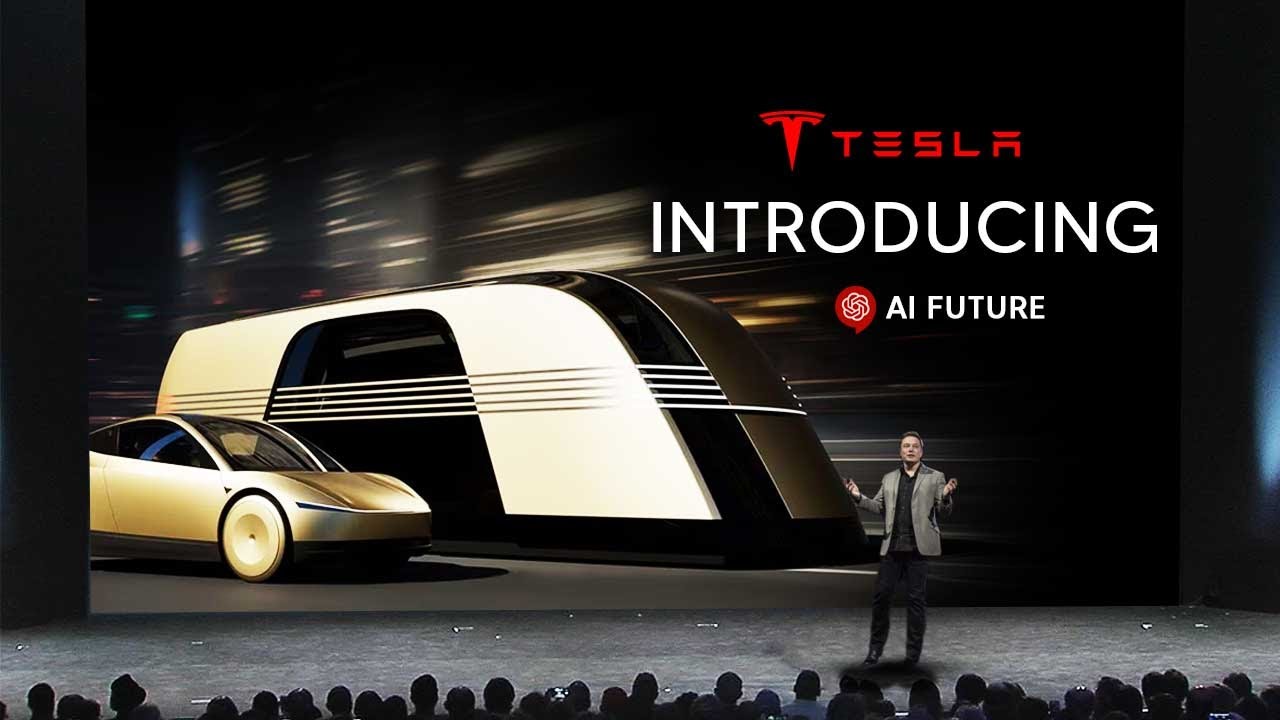Elon Musk’s “WeRobot Event” showcased Tesla’s advancements in AI and autonomous vehicles, introducing the affordable Cyber Cab and Robo Van aimed at transforming personal and public transportation. Musk emphasized a future with greener urban spaces and the integration of humanoid robots, like the Tesla Bot, into daily life, highlighting the potential for safer, more efficient, and sustainable transportation solutions.
Elon Musk’s recent “WeRobot Event” showcased Tesla’s advancements in AI technology and autonomous vehicles, providing a glimpse into the future of transportation. Musk highlighted the inefficiencies and dangers of current transportation methods, emphasizing that driving is time-consuming, costly, and unsafe. He argued that Tesla’s autonomous vehicles could address these issues by offering a safer, more efficient, and sustainable alternative to traditional driving, ultimately transforming how people perceive and interact with transportation.
One of the key announcements was the introduction of the Cyber Cab, an affordable autonomous vehicle designed to operate as a robo taxi. Priced under $30,000, the Cyber Cab will feature no traditional controls, relying solely on cameras and AI for navigation. Musk projected that the operating cost for this vehicle would be significantly lower than that of public transportation, making it an attractive option for consumers. The Cyber Cab aims to revolutionize personal and shared transportation, allowing individuals to rent out their vehicles when not in use, similar to Airbnb.
Musk also unveiled the Robo Van, a larger autonomous vehicle capable of transporting up to 20 people or goods. This vehicle is designed for high-density urban environments and aims to replace traditional buses, offering a cost-effective solution for mass transit. The Robo Van’s operating costs could be as low as 5 to 10 cents per mile per person, further emphasizing the potential for autonomous vehicles to reshape public transportation systems.
In addition to vehicles, Musk provided updates on the Tesla Bot, a humanoid robot that could perform various tasks, from household chores to companionship. He envisions a future where these robots are affordable and widely adopted, potentially costing between $20,000 and $30,000. The Tesla Bot aims to integrate seamlessly into daily life, offering assistance and companionship, while also being developed with safety and regulatory considerations in mind.
The event concluded with Musk’s vision for a greener future, where cities are designed with more green spaces and less reliance on parking lots. He emphasized the importance of harmonizing urban development with nature, suggesting that autonomous vehicles could free up space currently used for parking, allowing for the creation of parks and green areas. Overall, the event highlighted Tesla’s commitment to advancing AI technology and reshaping the future of transportation and urban living.
